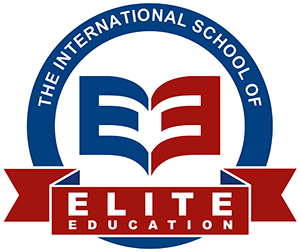The British School at ISEE is accredited by Cambridge Assessment International Education, Pearson Edexcel & Oxford International AQA Examinations. Our school is committed to a high-quality British-based education. Our curriculum is based on the National Curriculum of England, all areas of learning are developed to utilise the skills set out in the Development Matters Statement as well as the knowledge and skills outlined in the Early Learning Goals framework.
We constantly seek to enhance our curriculum to offer the broad range of knowledge and skills that pave the way for future progress through school and life. We believe that students must be equipped with strong ethical and cultural beliefs as well as a profound sense of identity, hence, Arabic is taught and integrated into our daily curriculum. Assessments have a vital role in our learning process. Ongoing assessments and observations inform teachers of areas to focus on for future planning and allow teachers to successfully track and monitor student attainment and progress. Accordingly, formative and summative assessments are used all year. The Primary Programme progresses students seamlessly into middle-year curricula.
In Key Stage 3, the educational approach will prepare students to progress to Cambridge Assessments. This will be achieved by helping students to become independent learners capable of sound reasoning, creative thinking, problem-solving, and critical thinking skills.
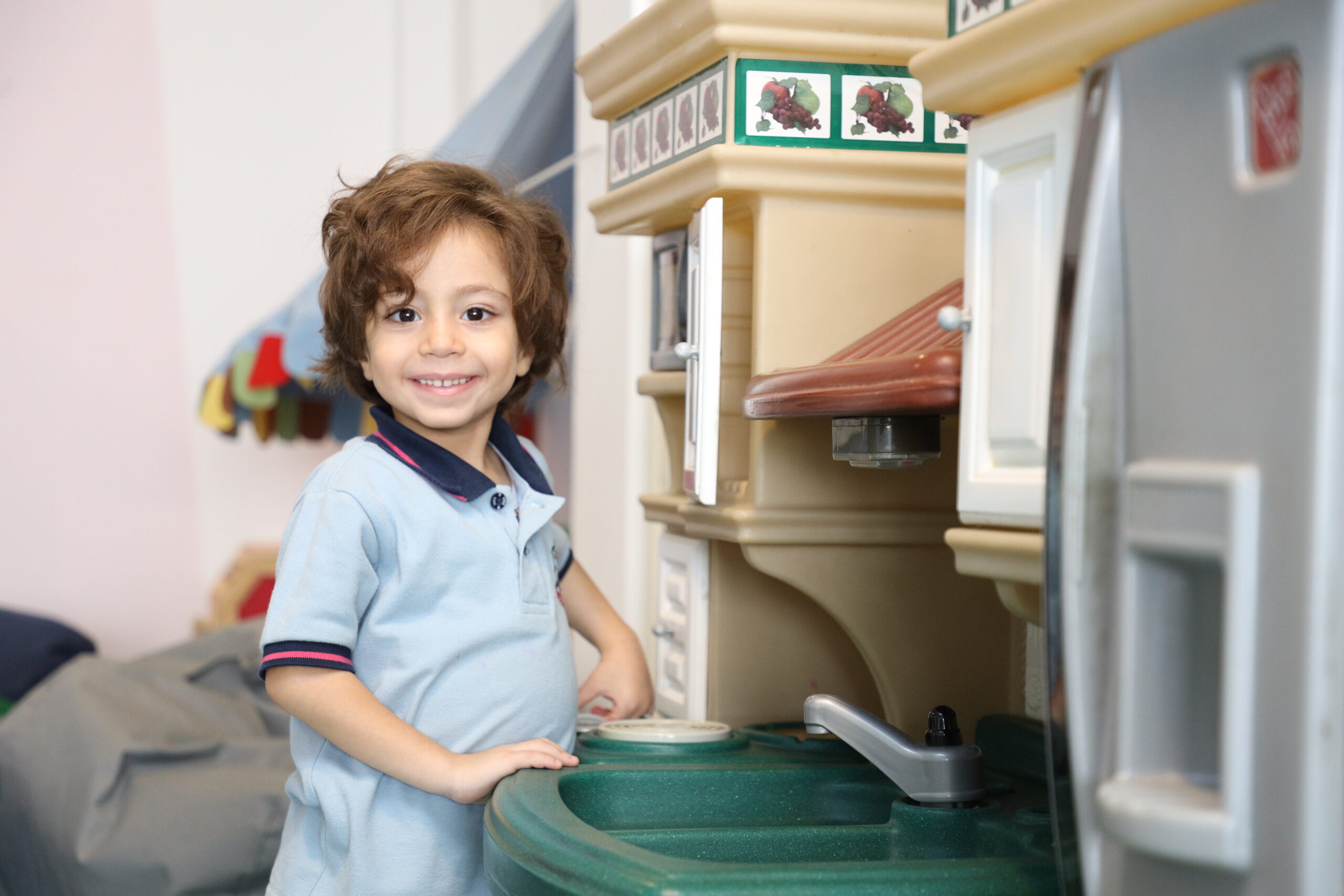
The Early Years Foundation Stage provides a welcoming, stimulating and safe environment for learning where children can engage in first-hand experiences and undertake new learning approaches to unlock their full potential. We provide a thorough educational experience where academic excellence and interpersonal skills are correlated to ensure our young learners are prepared for today and the future. Our curriculum is based on the National Curriculum of England, all areas of learning are developed to utilise the skills set out in the Development Matters Statement as well as the knowledge and skills outlined in the Early Learning Goals framework. The curriculum is also based on the four principles of the EYFS and reflects recent changes done by the UK government. We constantly seek to enhance our curriculum to offer the broad range of knowledge and skills that pave the way for future progress through school and life. In the EYFS, we plan according to the seven areas of learning and development; three prime areas and four specific areas.
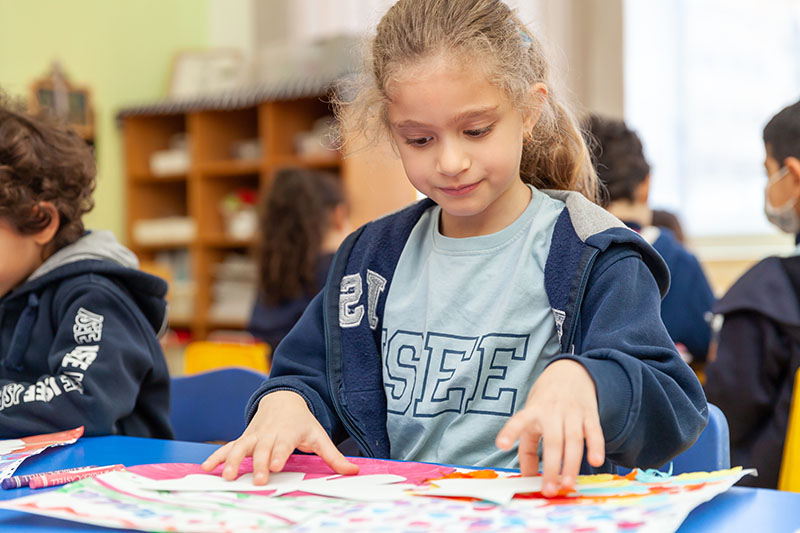
Key Stage 1 students continue their journey of discovery, developing academically, physically, and socially. To help students make a smooth transition from FS2 to Y1, we encourage similar Early Years practices for at least the first term of Year 1. KS1 curriculum follows Cambridge standards in Literacy, Numeracy, Science and Global Perspectives. The Global Perspectives programme develops skills in research, analysis, evaluation, reflection, collaboration, and communication through personal, local, and global perspectives. Our educators help students to look at various global issues or topics that give a range of contexts. Circle Time is a popular activity in Key Stage 1 to foster positive relationships and encourage unity, respect, and collaboration. The whole class takes part in this activity at the same time, led by their teacher. Specialist lessons in Second Language, Music, Arts, Computing, Arabic, Religion, and Physical Education complement the curriculum. Ongoing assessments and observations inform teachers of areas of focus for future planning and learning experiences, allowing them to track and monitor student progress.
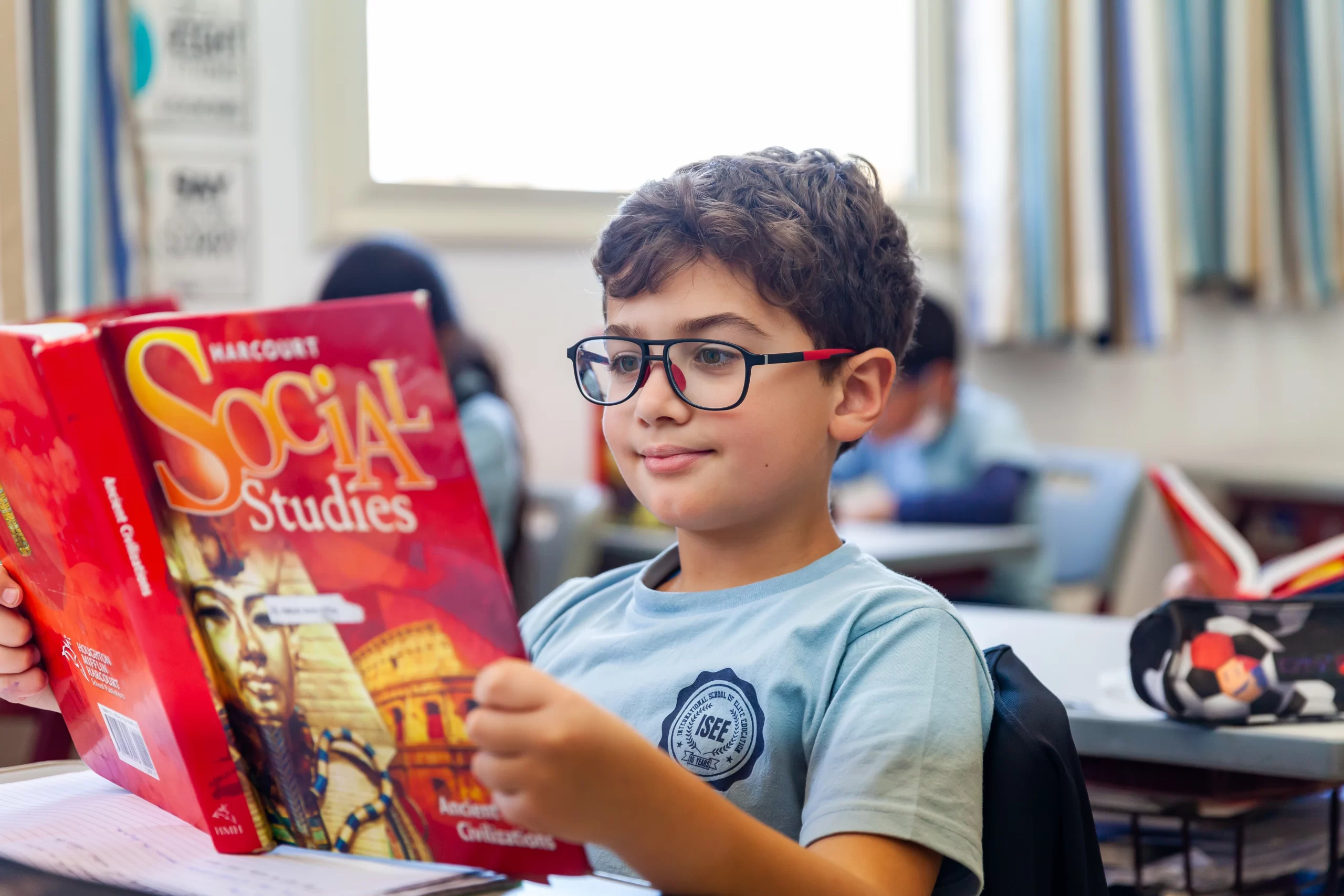
Key Stage Two includes Years 3 to 6. We follow Cambridge standards in English, Math, Science and Global Perspectives. Alongside this, students study the Egyptian Ministry of Education curriculum in Arabic language, Religion and Social Studies. We continue to provide an enjoyable, interactive education and a rich engaging learning experience. Our young learners continue to grow and develop into self-confident independent learners while showing more awareness of themselves, people and the world around them. Specialist lessons complement the delivery of the Key Stage 2 curriculum and include Second Language, Music, Art, Computing, Arabic, Religion and Physical Education. At the end of Key Stage 2, students sit their Cambridge Primary Checkpoint exams which are designed to assess learners at the end of Cambridge Primary. It is available in English, mathematics, science and Cambridge Global Perspectives.
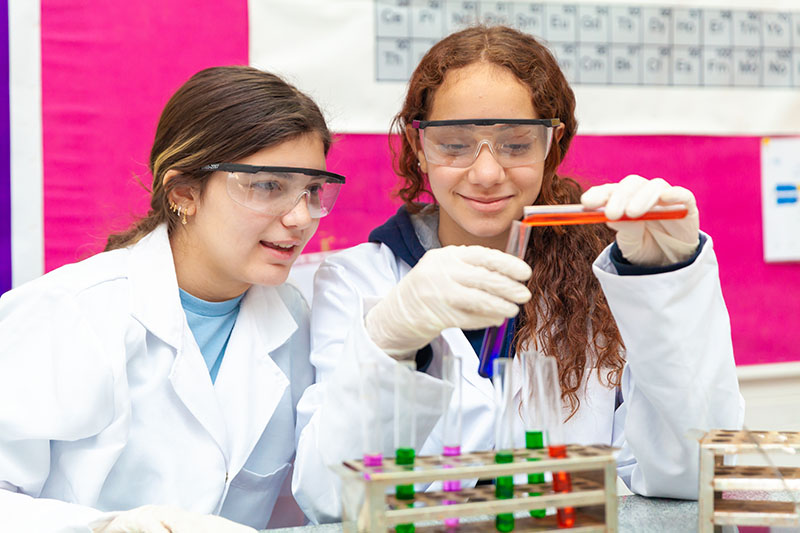
Throughout Years 7-9, the curriculum is broad, stimulating, and exciting. It aims to expose students to a broad range of subjects to let them discover their passions. The curriculum is coherent and engaging. It builds on Key Stage 2 by developing students’ knowledge and promoting independent learning. By the end of Year 9, students sit the Cambridge Core Exams in English, math and science, in addition to the Ministry subjects. By the end of Key Stage 3, our learners should have a good sense of where their strengths and passions lie, so should have a good idea of which subjects they’ll take into their International GCSE-level studies.
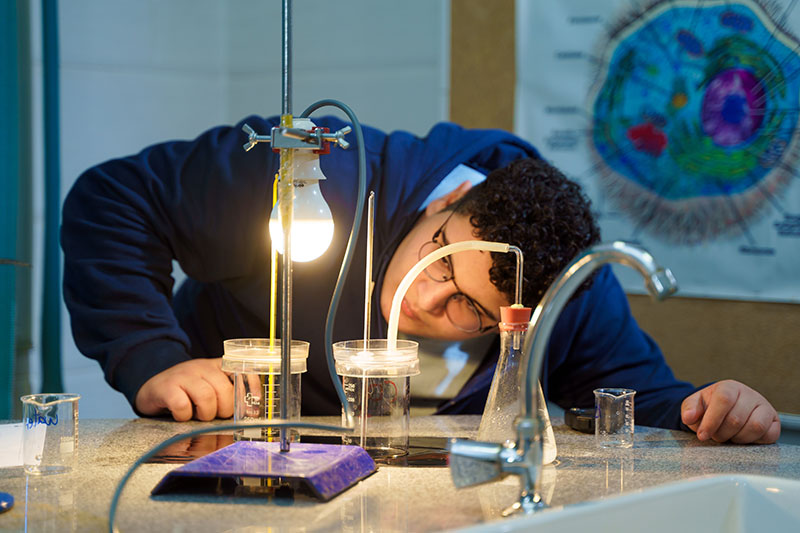
Key Stage 4 marks an important milestone in a student’s education, as it is the last three years of compulsory school.
At our secondary school, we help our students make academic choices and prepare for the exams with university requirements of the top universities in Egypt and around the world.
We base our secondary school curriculum on the UK education system, following the British National Curriculum known as the International General Certificates of Secondary Education (IGCSE). These exams are recognised by universities worldwide.
